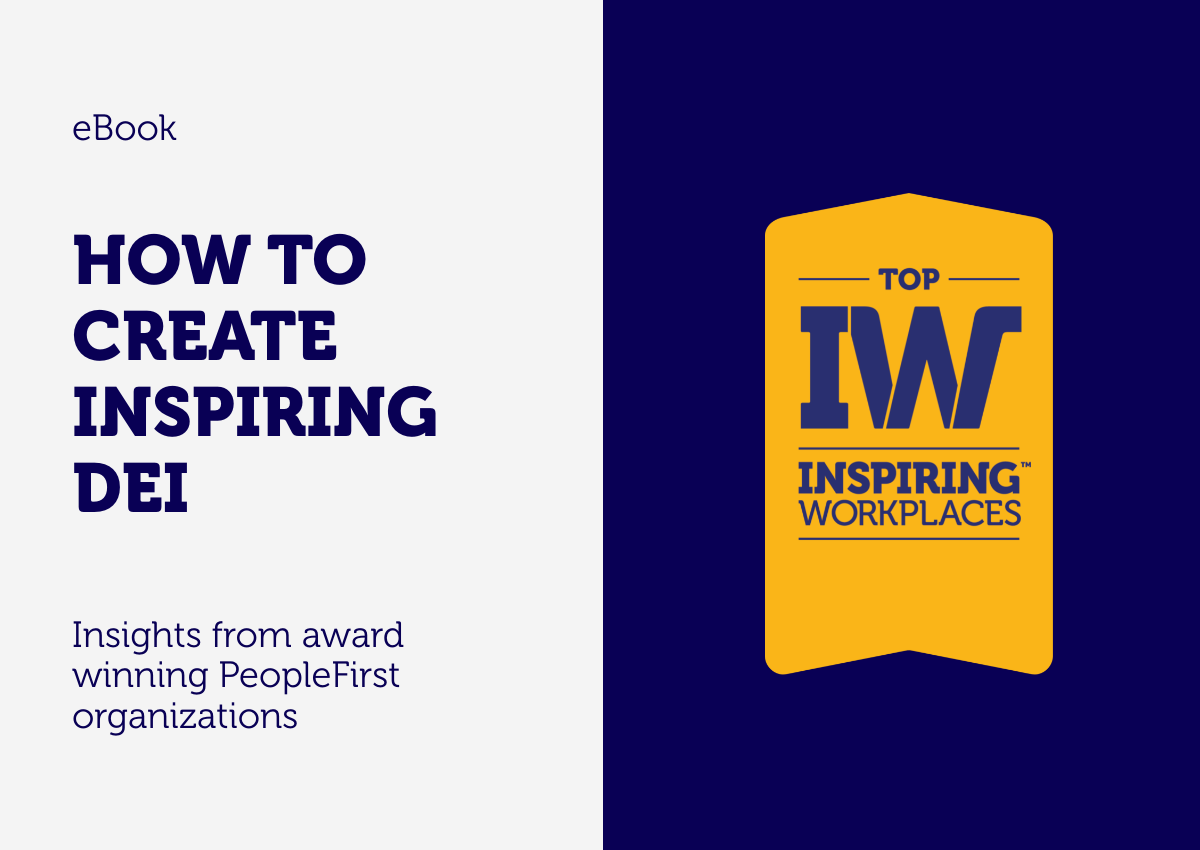
13th November 2023
The Empowering Impact of a Strong Sense of Belonging in the Workplace

In the quest to improve employee engagement and well-being, businesses are recognizing the importance of fairness, respect, inclusion, equality, and diversity in the workplace. Research reveals disparities between how white employees and those from Asian and black backgrounds perceive inclusivity in their workplaces. There’s a notable gap in feelings of belonging, comfort in speaking up, and trust in addressing inappropriate behavior. While progress has been made, there’s still work to be done to create a more inclusive and accepting environment where all employees can thrive, voice their opinions, and be themselves.
From the original article written by Carolyn Nevitte and published by HR Magazine:
Today, forward-thinking business owners are doing all they can to cater to employee engagement and wellbeing.
In an effort to reduce employee turnover and boost productivity, business leaders are turning over every possible stone to uncover underlying issues that could be affecting morale and impacting performance.
With employee engagement in the UK being among the worst in Europe, there is a real sense of urgency to get things right and to improve the employee experience. But are we looking to the right areas?
Beyond pizza lunches and other simple extrinsic motivators, employees seem to be looking for something much more profound – notably, a feeling of belonging and an ability to simply be themselves at work.
Work experiences such as fairness, respect, inclusion, equality and diversity are becoming critical determinants of employee engagement.
The age of box-ticking is over; employees expect their managers to speak up and act.
Businesses today have the opportunity to be proactive, to be catalysts for change in a world that is seeing increased division and frustration. But how big is the problem?
People Insight have conducted diversity and inclusion research with our client partners to explore how UK employees from Asian and black backgrounds feel at work when compared with their white counterparts.
We focused around the idea of belonging at work, going on to explore an individual’s ability and inclination to speak up when they feel wronged, bullied or discriminated.
The importance of belonging at work
When we talk about inclusion, we’re talking about removing barriers for all and about giving employees a sense of belonging at work.
Alice Jones, co-founder and trainer with Inclusion Consultant Network (ICN) has stated that: “Belonging is when employees truly buy into the notion that they are welcome to bring their full perspectives and true selves to the table”.
All employees want to feel they belong in their workplace.
After all, we spend the majority of our time at work. It’s important for us to feel accepted and welcomed. We like to know that our opinions and efforts matter.
Creating a sense of belonging in the workplace not only results in greater feelings of inclusion and wellbeing, but also in increased discretionary effort and performance. Below, we’ll explore how strong this sense of belonging is for black and Asian employees in the UK.
Inequalities exist in the UK workplace
The first thing to say is that while some of the stats we’re about to discuss might seem unfortunate, the good news is that on the whole, things seem to be getting better.
When comparing data from 2023 to 2021, it’s clear that the measures businesses are taking are starting to boost employee faith in their organisations.
This upward trend also reflects the reality that businesses are opening up to the importance of effective diversity and inclusion initiatives.
The bad news is that there is still a notable discrepancy between how white employees and employees of colour feel about the inclusivity of their workplaces.
Data reflects that 76% UK Asian and black employees were made to feel welcome when they first started working for their employer – which is 9% lower than their white peers.
Further to this, when asked whether they agreed with the statement ‘I feel I can be my true self at work’, 69% of white employees agreed, compared to 66% of UK black and Asian employees.
Similarly, the phrase ‘I feel like I belong here’ received a positive response from 70% of white employees as opposed to 65% of black and Asian employees.
Most worrying was the response to the statement ‘people with backgrounds like mine are able to succeed here’.
Approximately 70% of white employees agreed, compared with only 61% of black and Asian employees, a significant difference of 9%, and when you look at it another way, nearly 40% of black and Asian employees feel they aren’t able to succeed at their company due to their background.
This is clearly something that needs to be addressed.
Read the full article to find out about the importance of challenging discrimination, harassment and bullying and the top three drivers of diversity and inclusion in the workplace.






